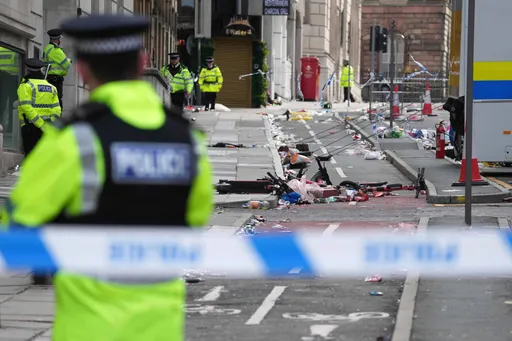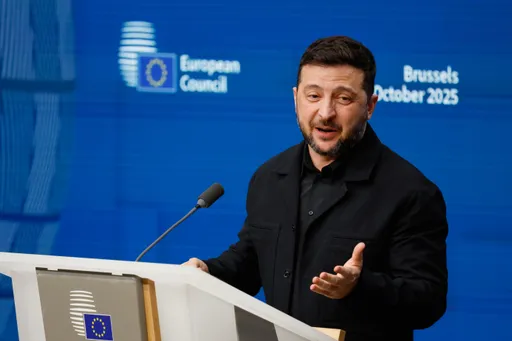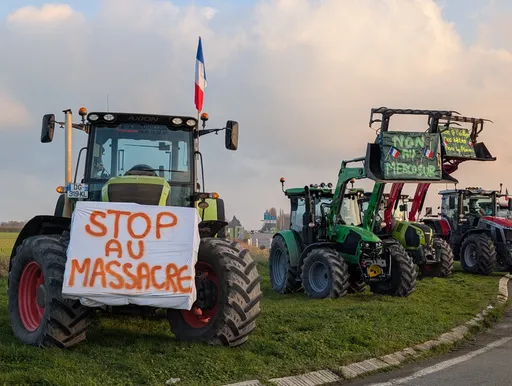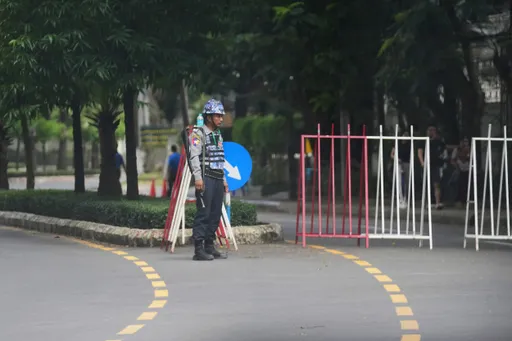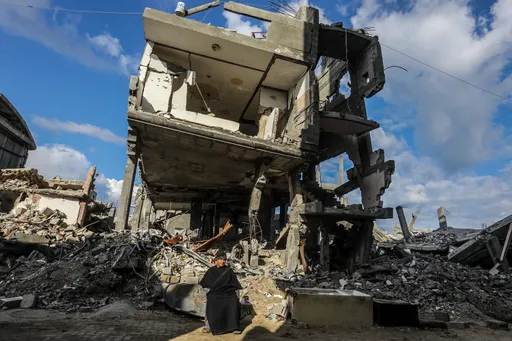Residents of Turkey are more likely to have built relationships with local businesses during the coronavirus pandemic, according to a new study.
A survey conducted for Mastercard by independent research company Fly Research questioned 10,000 adults across 16 countries in June 2020, of which 1,000 were Turks. The results suggest that local spending has increased during the coronavirus pandemic and that shoppers have become more loyal to shops near to where they live.
In Turkey, 59 percent of those surveyed have said they have shopped in stores nearby post-lockdown “to help local communities bounce back” and about half of those surveyed (45 percent) say that they have discovered new shops and suppliers since the quarantine began.
Looking at Europe, the same survey indicates that while 61 percent of post-lockdown shoppers say they are actively trying to spend money at independent stores within their community, those who have discovered local shops stand at around one in three (34 percent).
Two in three in Europe (65 percent) and almost three in four in Turkey (71 percent) say that even if all restrictions involving shopping and travel were to be lifted, they would continue shopping from local stores around them.
Saying ‘hello’
In Turkey, 81 percent say that the months since the pandemic broke have made them “more aware of those in need” and more than half (54 percent) feel a “greater sense of community”.
Again, one in two (54 percent) say they are more likely to say hello to neighbours.
Compared to Europe, Turks are more sensitive about this issue: In Europe, those saying they became “more aware of those in need” stands at three in five (59 percent) and 47 percent “feel a greater sense of community.” Across Europe one in three (35 percent) are more likely to say hello to their neighbours.
Among those surveyed in Turkey, about half (48 percent) say they should know those running local shops by name, and 33 percent say they will eat and drink locally more in the future to help local cafes and restaurants recover.
Another type of business that is expected to see a “post-lockdown bounce” are hair salons. In Turkey, 56 percent of respondents say they are holding out for their local professional hairdresser rather than doing it themselves or letting an amateur friend or family member attempt to cut their hair.
“The pandemic and the quarantine period has changed our way of shopping in Turkey as it has in the rest of the world,” says Yigit Caglayan, General Manager for Mastercard Turkey and Azerbaijan. “We have observed great increases in online and contactless spending as well as consumers gravitating towards local businesses around them.”
“Small and medium-sized enterprises play an important role in providing goods and services and to contribute to the rejuvenation of economies,” Caglayan points out. “But we have also witnessed them take on a role that supports the local population and develops social consciousness and spirit,” he adds.
“These tough times we went through have increased loyalty to local enterprises across Europe as well as Turkey. We expect this situation to be permanent,” he says.
According to the Mastercard survey, these are the top ten establishments expected to make a recovery after the lockdown in Turkey: bakeries; greengrocers; butchers; charcuterie/cheese shops; local restaurants; barbers and hairdressers; small boutiques; DIY/hardware stores; local cafes, and off-licences.
The Mastercard survey was carried out in Austria, Belgium, France, Germany, Hungary, Italy, the Netherlands, Poland, Portugal, Romania, Russia, Slovenia, Spain, Turkey, Ukraine and the United Kingdom.









